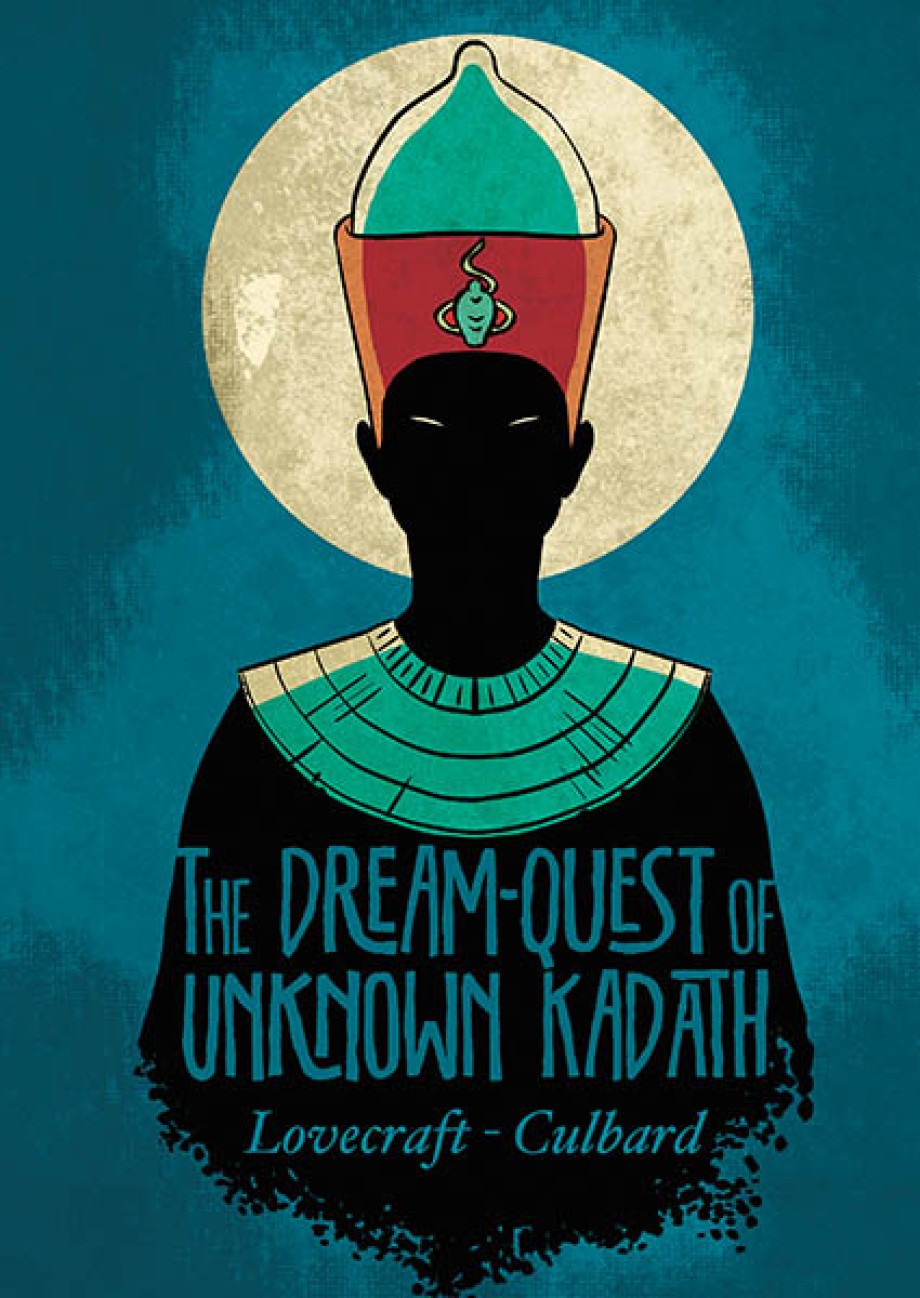 |
The anthology goes in chronological order, and so "The Silver Key" is placed before The Dream-Quest of Unknown Kadath. However, S.T. Joshi helpfully writes in his introduction to "The Silver Key" that it "takes place after the events of The Dream-Quest of Unknown Kadath". And so, I skipped ahead in the book, and read that first.
Dream-Quest is...ok. I think that Lovecraft really makes his bread and butter as a short story writer, and I found myself thinking as I was reading Dream-Quest, "Can he just get there already?" I believe there is an art to the short story, the novella, and the novel. Lovecraft has short stories down pat. None of his longer works reach novel stage (The Case of Charles Dexter Ward is 104 pages). But, he does not do novellas well.
I think part of the problem lies in the fact that there really is only one figure in the book: Randolph Carter. And he does principally one thing: travel to unknown Kadath. Contrast this to, say, Of Mice and Men, which while longer by about 40 pages, is still a novella. It factors in a lot of backstory, has a cast of characters, and the plot always moves forward. Perhaps a more apt comparison is Kafka's The Metamorphosis, in which there are a few characters, and the plot moves forward.
I could be giving Dream-Quest the short shrift. Dream-Quest is part of the "Dream Cycle" of Lovecraft, and is not Randolph Carter's only tale, but overall, I found the story to be dragging. I don't feel super bad in having this feeling, since Lovecraft himself said of the work, "Randolph Carter's adventures may have reached the point of palling on the reader, or that the very plethora of weird imagery may have destroyed the power of any one image to produce the desired impression of strangeness." And this is true. Carter finds himself in a strange land, populated by strange people and strange cultures, and it just continues to the point of boredom.
One of the more humorous side plots involved Randolph Carter being saved by cats. He is followed into Ulthar by zoogs. A zoog kills a cat, which in Ulthar is a big no-no, and the cats rise up and eat the zoogs. Later on, because the cats recognize Carter of being kind to them on Earth, they help him out of different jams. Carter can apparently speak cat and summon them. In return, he tips them off to a zoog plot to get back at the cats, and the cats (I swear I'm not making this up) surround the zoogs, negotiate a peace treaty with them, and take some zoogs hostage so that they'll hold up their end of the bargain.
Dream-Quest does not lack for weirdness, but it gets dull. I should note that the picture for this post is from a graphic novel of the tale, and I would not mind reading that. I think the imagery in the tale could be great.
I actually enjoyed much more "The Silver Key". It isn't really horror, but it is sad. It tells the story of an older Randolph Carter, who wishes to return to the Dreamland. Joshi says Lovecraft's editor told him that readers "violently disliked" it, but I found it to be quite touching. Especially if you view Carter as being a stand-in for Lovecraft himself. A few select lines from the opening few pages of the story...
"Wonder had gone away, and he had forgotten that all life is only a set of pictures in the brain, among which there is no difference betwixt those born of real things and those born of inward dreamings, and no cause to value the one above the other."
"They had chained him down to things that are, and had then explained the workings of those things till mystery had gone out of the world."
"So Carter had tried to do as others did, and pretended that the common events and emotions of earthly minds were more important than the fantasies of rare and delicate souls."
As modern readers, we can take Lovecraft to task for his racist views, but as I read this I did think that these are the words of someone who truly believed the world was crumbling. He was bitter, yes, but he longed to escape it and go to some place better, which may very well have been his fiction. Lovecraft probably would have loved to journey to Ulthar, where it is against the law to kill a cat. He did, after all, love cats. He would have loved to have journeyed to distant lands. He may have dared to question the Great Ones himself (after all, he was their creator, so he is greater than they). The Silver Key is profoundly sad if you look at it from that perspective.
 |
| The House. |
"And ever since that hour, through dull dragging years of greyness and weariness, (Olney) has laboured and eaten and slept and done uncomplaining the suitable deeds of a citizen. Not any more does he long for the magic of farther hills, or sigh for secrets the peer like green reefs from a bottomless sea. The sameness of his days no longer gives him sorrow, and well-disciplined thoughts have grown enough for his imagination."
I feel like Olney is what would have happened to Randolph Carter, had Carter not found the silver key. The narrator of the Silver Key is sure that he will see Carter in his own dreams, ruling as a king, implying that Carter found a way back into the Dreamland. In the meantime, we, like Olney, are stuck on boring old Earth.
Next up: The Case of Charles Dexter Ward
No comments:
Post a Comment